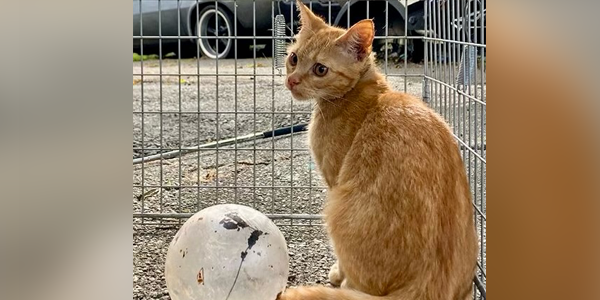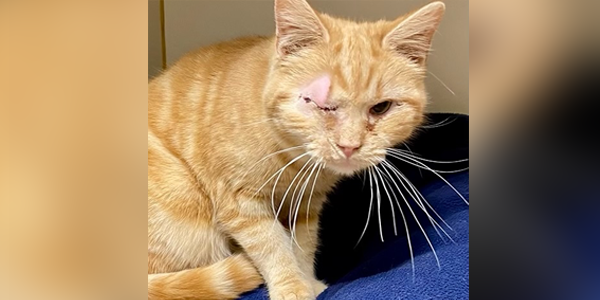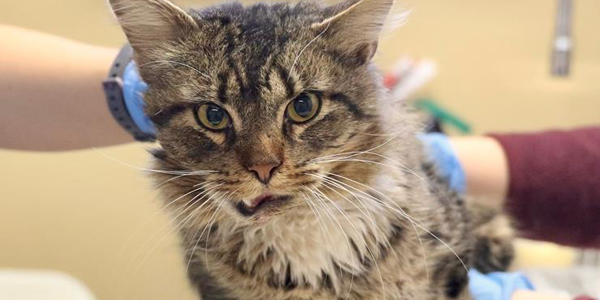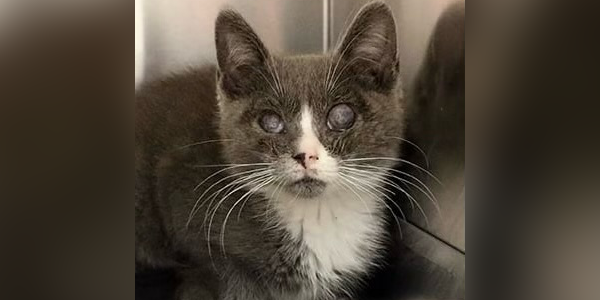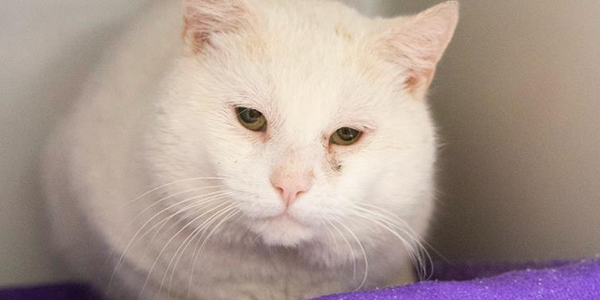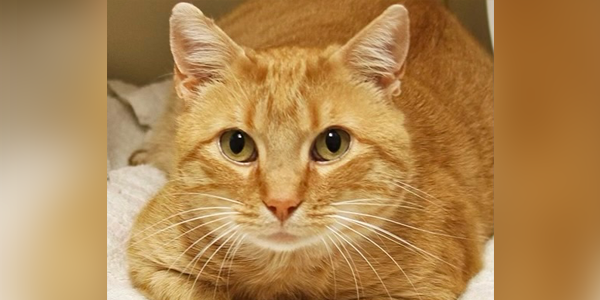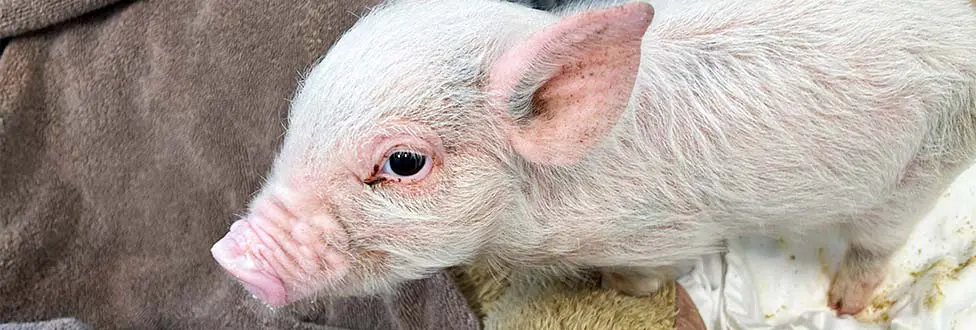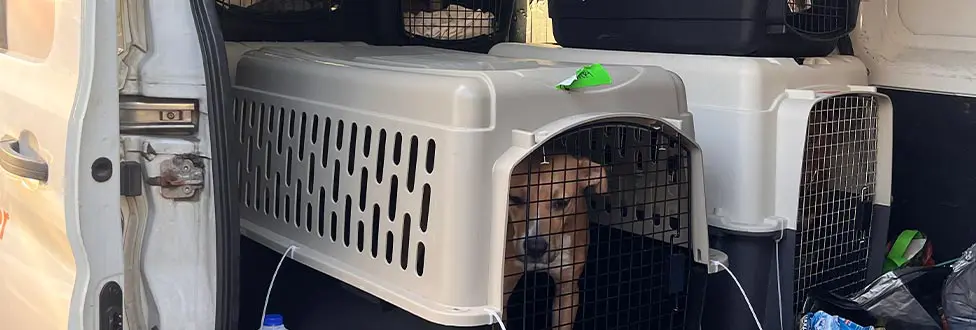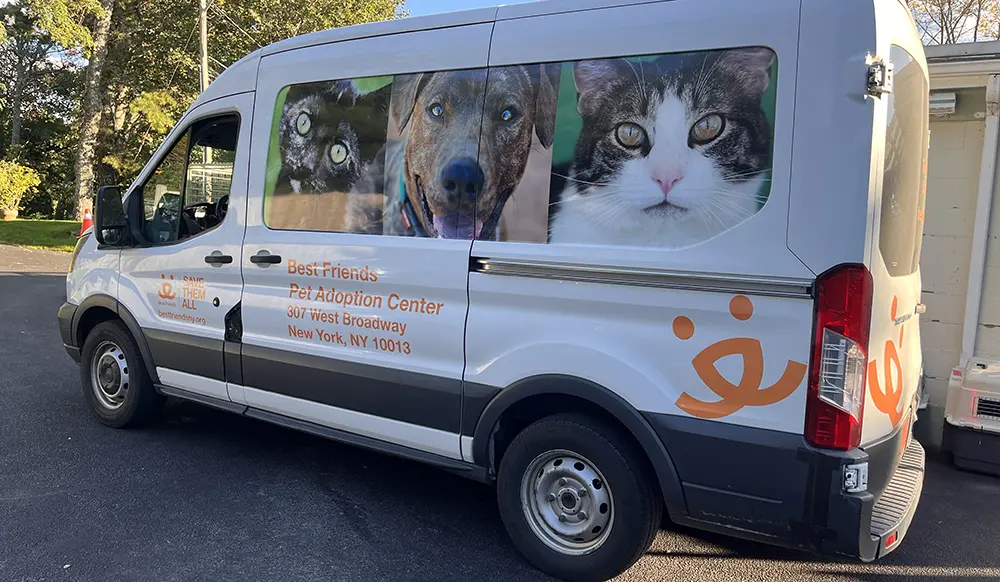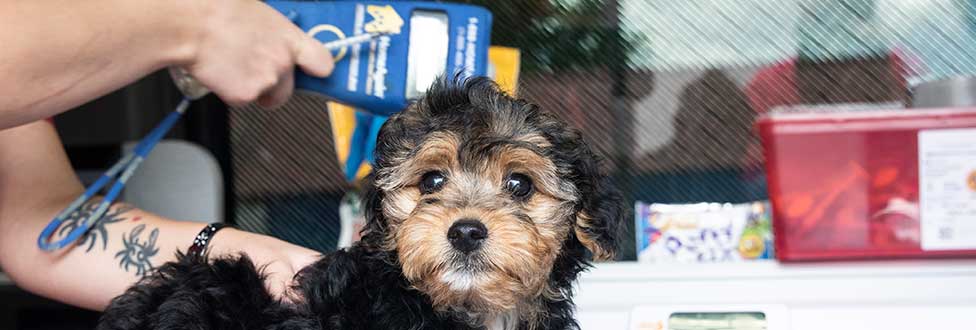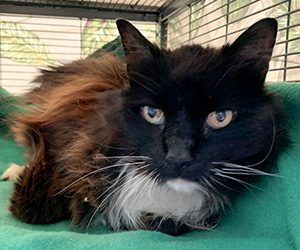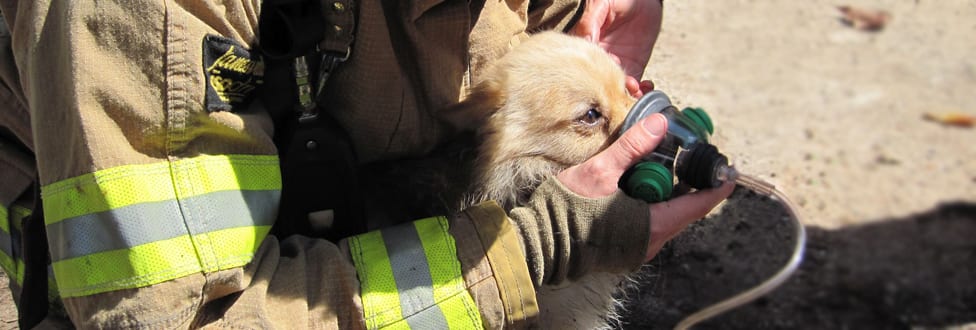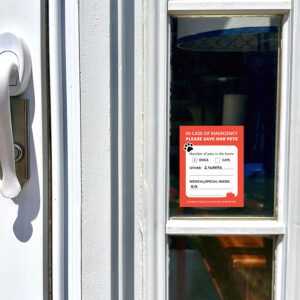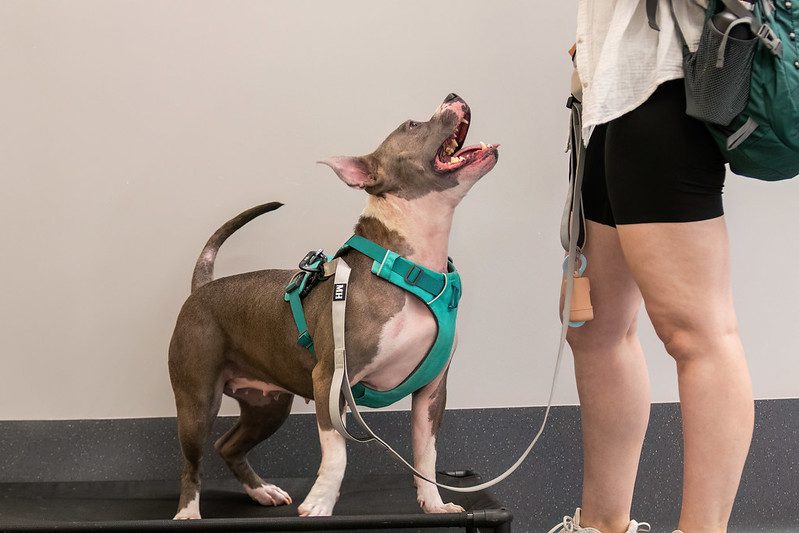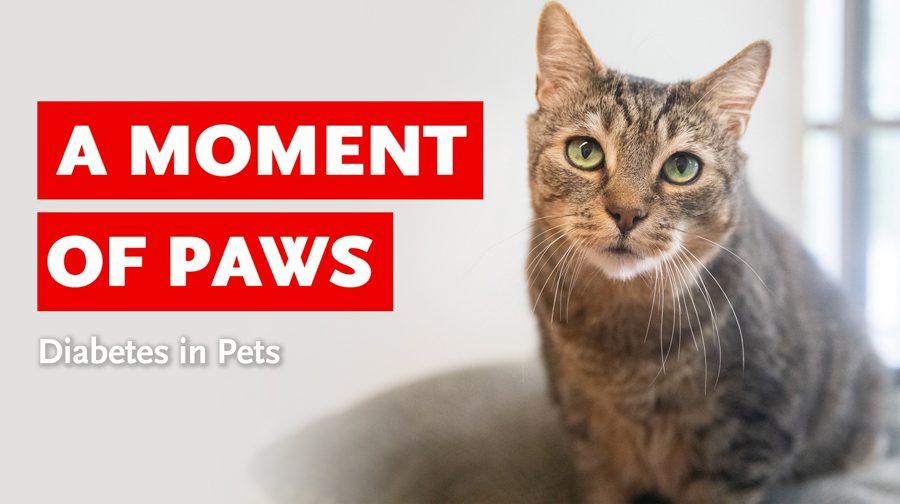Meow Madness
Help Community Cats Compete for a Cause!
This March, we’re kicking off something special: Meow Madness! Inspired by the excitement of March Madness, we’re bringing you a bracket-style competition featuring some of our most beloved community cats. Each cat has their own story of resilience, charm, and triumph, and we want YOU to help them win.
Here’s how it works:
- Meet the Cats: We’ll introduce you to our Meow Madness contestants—cats that have been a part of our community and have made a big impact.
- Vote for Your Favorite: These feline finalists will face off in a bracket, and YOU get to decide who advances by voting on Instagram polls! Who’s your MVP?
- Support the Cause: As you cast your votes, consider donating to help more community cats just like them. Your support ensures they get the medical care, food, and shelter they need to thrive.
Meow Madness Lineup
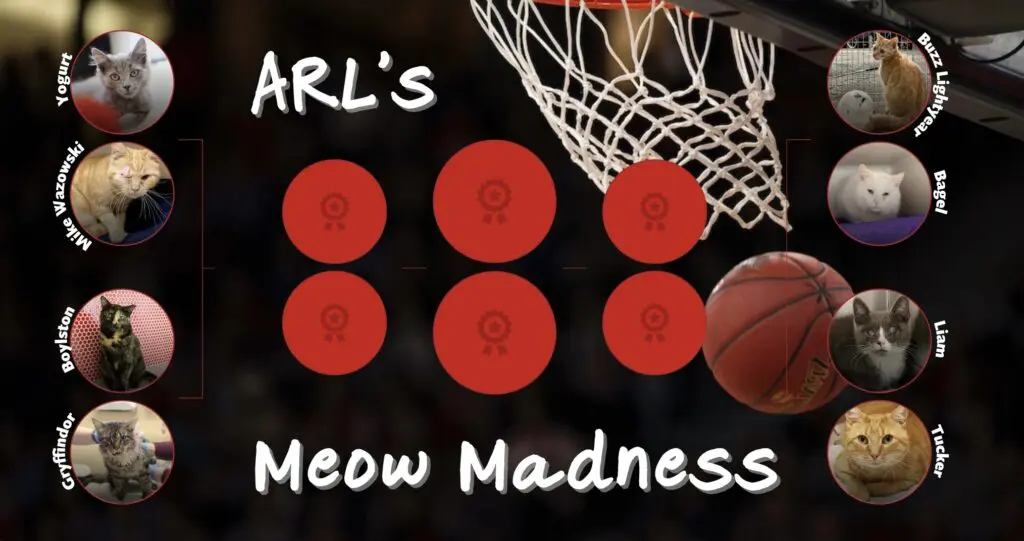
1. YOGURT
Yogurt, now shortened to just Yogi, came into the care of ARL in July of 2022 in pretty rough shape. His abdomen was distended, he was very underweight, was infested with fleas and additionally, he had a fractured leg and a severe wound on his tail. After a leg amputation and a four-month WUO (wound of unknown origin) quarantine, Yogi quickly found his home with an ARL employee. He now lives with Cupcake, another ARL alum, and is described as speedy and mischievous. He loves playing with toys, running through tunnels, and climbing the cat towers. He likes to sit at the front window, waiting for his people to come home and will run to the door to greet them when he spots the car. His family says he’s been a fun and special addition to their household. Learn more about Yogurt’s story.
2. BOYLSTON
Boylston was brought into ARL by our Field Services team in April of 2021 and has made quite the home for herself at our Dedham location as our resident barn cat. She’s a hard-working girl who enjoys her routine of exploring the grounds during the day and coming in for dinner and a nice sleep at night. Over the years, she has warmed up to staff, now happily making her way into the shelter during the day for some scratches and lap time.

3. BUZZ
In October 2022, ARL’s Field Services team assisted Fall River Animal Control in rescuing a community kitten in the precarious position of having what appeared to be a glass bowl or light fixture cover stuck on its head. Outside of being a bit dirty, Buzz Lightyear appeared to be in good health, and once available for adoption, it didn’t take her long to find her new family. Over the past few years, Buzz has formed a great relationship with her older brother, Sky, and recently welcomed a new orange baby brother named Luka to their cat crew. When she’s not sunbathing, playing, or eating, she’s finding time to fit in a few cat naps. Her adopter also says she’s the smartest of the three by a mile, always opening cupboards with ease and helping herself and her siblings to a few extra snacks! Learn more about Buzz’s story.
4. MIKE WAZOWSKI
During a scheduled stop along the South Coast for the ARL’s Spay Waggin’ in February of 2021, an 11-month-old community kitten from Westport, MA, came in to be neutered and was slated to be returned to the field. However, upon examination, our vet team diagnosed a severe upper respiratory infection. Unfortunately, this infection impacted one of his eyes to the point of rupture, meaning he would need the infected eye removed. After his surgery, the kitten was affectionately named Mike Wazowski in honor of the character from the Pixar movie Monsters Inc. Mike immediately won over staff and volunteers with his social, playful personality, and within two weeks, Mike also won over the heart of his new family and was off to his new home. Learn more about Mike’s story.
5. GRYFFINDOR
In April 2019, a Good Samaritan alerted ARL about a cat that was seen near a garbage dumpster and wasn’t moving. When our team arrived on the scene, the cat was able to move and was found inside the dumpster, lying atop a cardboard box. The cat needed immediate medical treatment and likely would have succumbed to his injuries sooner rather than later without intervention. The cat had suffered a broken jaw, was emaciated, and was in poor overall condition. He was fittingly named Gryffindor, representing courage, bravery, and determination. He had to have his jaw surgically wired and, because of a puncture wound, had to complete a four-month WUO quarantine. Gryffindor displayed amazing perseverance and was incredibly friendly to all who came in contact with him by revving up his purr, which undoubtedly helped him win over his new family. Learn more about Gryffindor’s story.
6. LIAM
In July 2018, during a day-long spay and neuter clinic at ARL’s Dedham Animal Care & Adoption Center, approximately 30 community cats were scheduled to have surgery. Among them was a 13-week-old kitten named Liam, who was found with ulcers affecting vision in both eyes. If left on the street, Liam likely would not have survived long-term due to his condition. Along with being neutered, Liam had one eye removed due to an infection, with the hope that the other eye would improve over time with just medication. Liam, now named Willie (One Eye Willie!), has been doing great over the past few years. His adopter said his personality has always been that of a “grumpy old man,” which is blatantly obvious when in the company of his puppy brother, Axel. But he does have a younger kitty sister who he enjoys playing and running around with! Learn more about Liam’s story.
7. BAGEL
Community cats are incredibly adept when it comes to finding a warm, safe place to escape the elements, and in early 2022, Bagel was a perfect example of this. This 3-year-old cat had found the comfort and safety of a storm drain in Fall River, but thankfully, just days before a historic blizzard descended upon the region, his feeder contacted ARL to assist. Upon arriving at ARL, Bagel ate up everything in sight and took a nice sigh of relief, relaxing in his nice, warm bed. Our vet team treated him for a list of medical needs, but he was a friendly, social boy that we knew, despite those medical needs, would have no problem finding a home. He is now “spoiled rotten,” according to his adopter. He remains active, zooming all over the place and playing with anything he can get his paws on, although he still loves the toys he came home from the shelter with. He loves a good snuggle and has been a rock for his new family during some difficult times. Learn more about Bagel’s story.
8. TUCKER
Tucker arrived at ARL in December 2018 after being found as an injured stray in need of immediate medical attention. It was clear that Tucker had been wearing a collar he had tried to break free of, causing it to become lodged underneath his right leg and, over time, embedded with skin growing over it. Despite being in extreme pain, Tucker was social and friendly. His wound management would be extensive, and the healing process would be slow, which led to him being placed into a long-term foster home. After five months, this brave boy was finally ready to find his new family. It didn’t take long, and Tucker has been happily living in his new home ever since. Learn more about Tucker’s story



